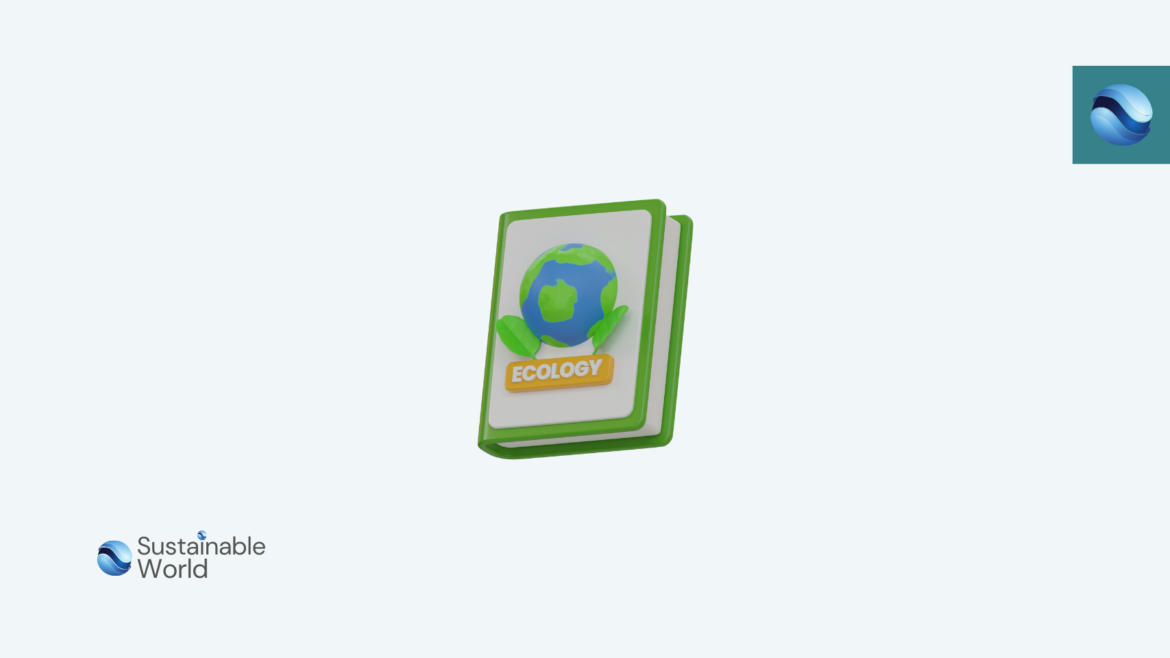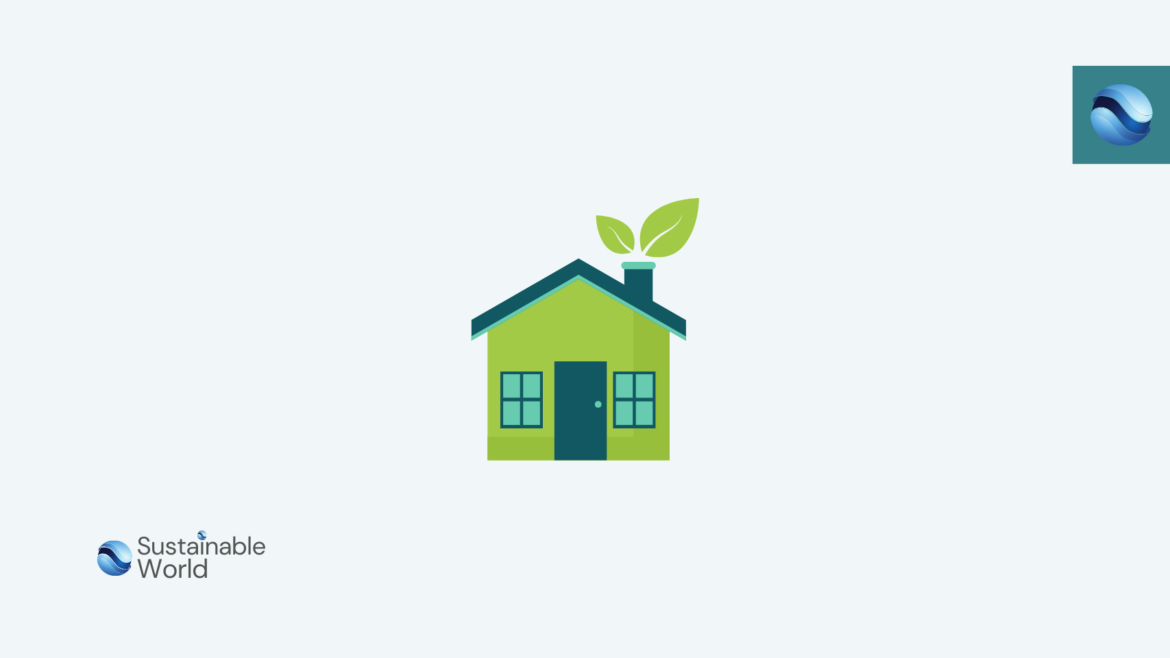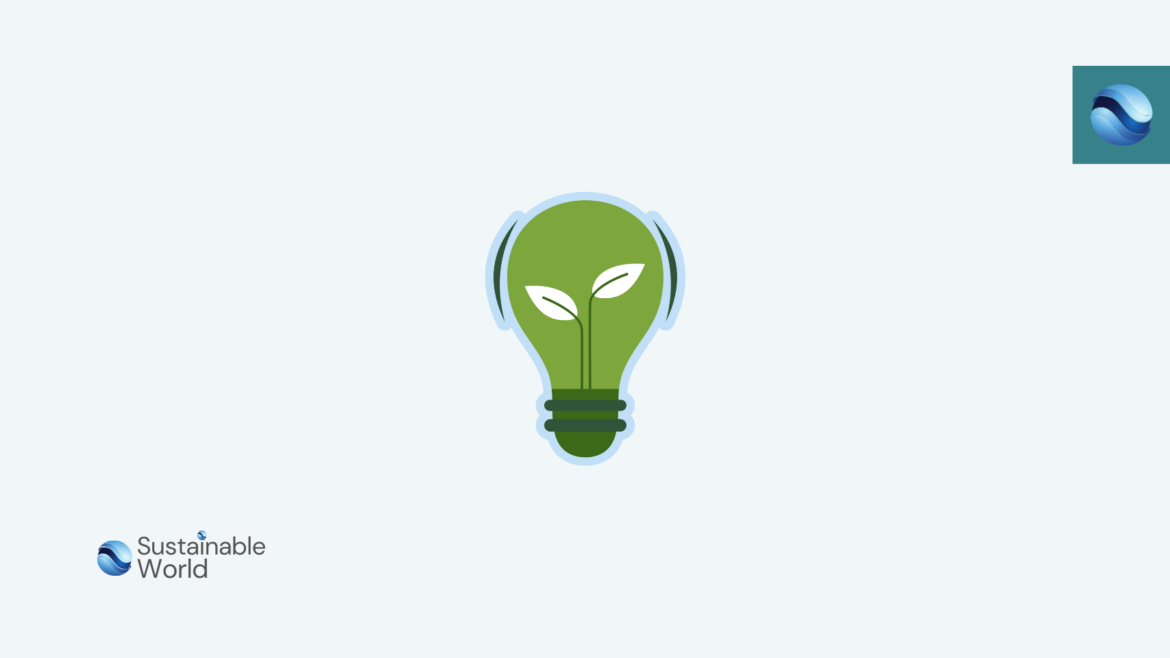The 10 Most Surprising Things That Are Secretly Hurting the Planet
As the need for sustainability becomes increasingly urgent, many people are making efforts to live more eco-friendly lives. However, some everyday habits and choices have hidden environmental costs that many of us may not realize. From fast fashion to food waste, these surprising culprits are harming the planet in significant ways.
Here’s a closer look at the 10 unexpected things damaging the environment and actionable steps you can take to make a difference.
Fast Fashion
Fast fashion is a leading cause of environmental pollution, consuming vast amounts of water and energy while generating excessive waste. It contributes to deforestation and emits high levels of greenhouse gases, making it one of the most unsustainable industries in the world.
Synthetic Fabrics
Fabrics like polyester and nylon are derived from fossil fuels and take centuries to decompose. Their production releases harmful chemicals, and their non-biodegradable nature means they persist in landfills indefinitely.
Microplastics
Washing synthetic clothing releases microplastics into water systems, harming marine ecosystems. To combat this, choose natural fibers or use a microfiber filter when doing laundry.
Learn more about fast fashion’s hidden costs here.
Food Waste
Food waste not only wastes resources like water and energy but also releases methane, a potent greenhouse gas, as it decomposes in landfills. Reducing food waste is essential for minimizing environmental harm.
Combat Food Waste
Plan meals carefully, store food properly, and compost organic waste to reduce food waste. A great tool to start is the Nutrichef 3L Electric Kitchen Composter, which transforms food scraps into nutrient-rich compost.
Single-Use Plastics
Items like plastic bags, bottles, and straws are among the most harmful pollutants, taking centuries to decompose and often ending up in oceans where they harm wildlife. Switching to reusable alternatives is a simple yet impactful change.
Packaging Waste
Excessive packaging, especially in the food industry, adds significantly to pollution. Opt for products with minimal or sustainable packaging to reduce waste.
Electronic Waste
The fast pace of technological advancement has led to a surge in e-waste, which contains toxic chemicals like lead and mercury that can pollute soil and water. Proper recycling and supporting companies with take-back programs can reduce e-waste’s environmental impact.
Energy Consumption
The energy we use, particularly from fossil fuels, is a significant contributor to climate change. Reducing energy use and transitioning to renewable sources is crucial.
Phantom Energy
Even when off, plugged-in devices consume electricity, known as phantom energy. Unplugging electronics or using smart power strips can help save energy and reduce your carbon footprint.
Water Waste
Water is a precious resource, yet wasteful habits like excessive lawn watering and long showers strain local water supplies. Simple conservation practices can make a significant difference.
Meat Consumption
The meat industry is a major source of greenhouse gas emissions, deforestation, and water pollution. Reducing meat consumption or choosing sustainable sources can help lower its environmental impact.
Food Transportation
Transporting food long distances contributes to emissions and pollution. Choose locally grown and seasonal produce to reduce your carbon footprint and support local farmers.
Conclusion
While issues like deforestation and fossil fuel use are widely recognized, many other everyday habits harm the environment. Fast fashion, food waste, and e-waste are just a few examples of hidden culprits.
By recognizing these impacts and making informed changes, we can all reduce our environmental footprint and contribute to a healthier planet.
Explore more eco-friendly products and tips on our Sustainable Product Reviews.





